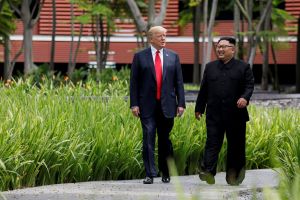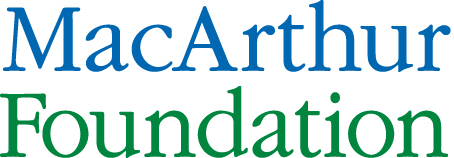Two recent surveys found that both the American and South Korean publics see an improvement in the security situation on the Korean peninsula.
Introduction
Two Chicago Council surveys find that both the American and South Korean publics see an improvement in the security situation on the Korean Penninsula. But publics in both countries remain skeptical that this change in regional dynamics will result in a denuclearized North Korea.
Key Findings
- Three-quarters of Americans (73%) lack confidence that negotiations between the United States and North Korea will lead to North Korea’s denuclearization.
- South Koreans feel similarly—though by slimmer majorities—having little or no confidence that either President Moon’s (52%) or President Trump’s (53%) negotiating abilities will result in the denuclearization of North Korea.
- In the event that North Korea does denuclearize, Americans would prefer to maintain the alliance and to keep US troops stationed in South Korea (51%).
- While half of South Koreans (54%) support a domestic nuclear weapons program, Americans are unlikely to support a nuclear South Korea as 64 percent think no country should be allowed to possess nuclear weapons.
About the Survey
The data for South Korea is the result of a survey conducted in South Korea from December 26 – 27, 2018 by Hankook Research. The sample size was 1,000 aged 19 and older and it employed RDD for mobile and landline phones. The margin of error is ±3.1% at the 95% confidence level.
The data for the United States contained in this report are based on interviews conducted from January 11-January 13, 2019, by Ipsos Public Affairs using their large-scale, nationwide online probability panel, the KnowledgePanel OmniWeb. A total of 1,019 interviews were completed among a weighted national sample of adults 18 years of age or older, living in all 50 states and the District of Columbia. The margin of error on weighted data is ±3 percentage points for the full sample.







